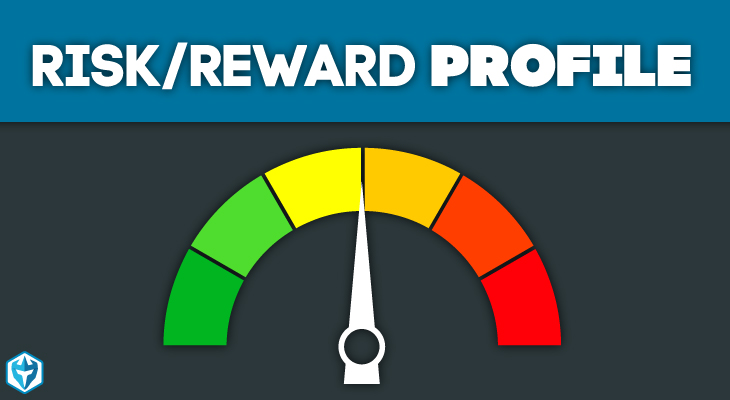A risk/reward profile is the ratio of risk to reward in any given trade as determined by the target closing price and the set stop-loss order. Risk/Reward Profile Example Suppose that a day trader buys 1 share of Company A at $20. The day trader expects the price of the shares to rise to $30 […]











